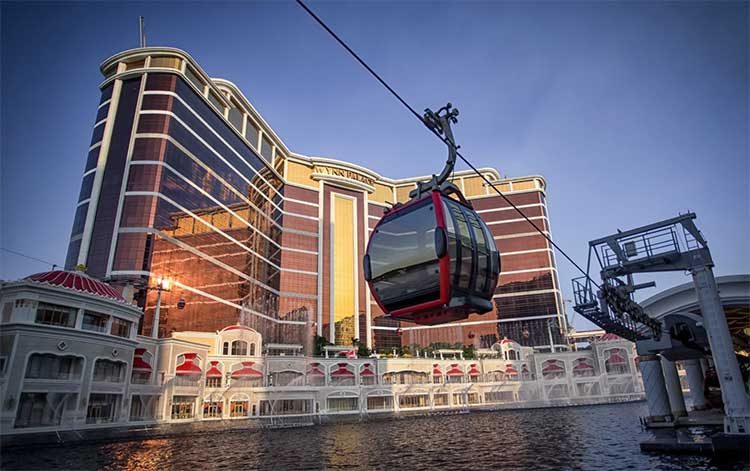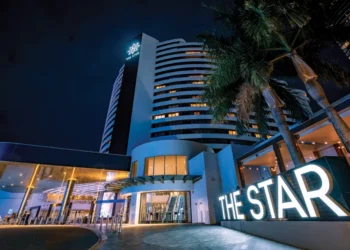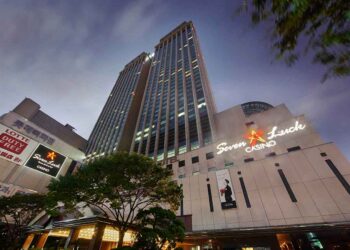Wynn Macau Ltd saw its operating revenues plummet 98.2% in the three months to 30 June 2020 to just US$20.6 million, down from US$1.18 billion in the second quarter of 2019 due to the border restrictions that have limited visitation to Macau.
The results included a combined Adjusted EBITDA loss of US$193.5 million at the company’s two Macau resorts – Wynn Palace and Wynn Macau – of which US$110.9 million was from Wynn Palace, representing a 166.3% decrease on Adjusted EBITDA of US$167.2 million in 2Q19.
Notably, the company suffered a loss on casino revenue for the quarter of US$15 million, comprising US$11.4 million at Wynn Palace and US$3.5 million at Wynn Macau, due to declining fortunes in the VIP segment – an essentially unheard of occurrence in the current era of multi-billion dollar large-scale IRs.
It is challenging enough for operators to navigate the COVID-19 pandemic, let alone enduring the ignominy of having players walk away US$15 million richer for an entire quarter. So much for “the house always wins.“
Operating revenues at Wynn Palace were just US$8.7 million for the quarter, down from US$628.9 million. VIP turnover was down 87.2% to US$1.72 billion with bad luck driving the property to a loss in the VIP segment of US$29.8 million.
Mass table drop plummeted 98.3% to US$22.0 million with win of US$7.2 million while slots fell by a similar level to win of US$2.4 million.
At Wynn Macau, operating revenues were US$11.9 million in 2Q20 versus US$546.5 million in the corresponding quarter in 2019, while Adjusted EBITDA fell 147% to a loss of US$82.6 million.
VIP turnover was down 93.5% to US$607.1 million and like Wynn Palace saw the peninsula property suffer a segment loss of US$12.2 million. Mass table win was US$3.4 million with slots win of US$2.6 million.
The company noted there is yet to be any firm word on when conditions might improve, despite the first easing of border restrictions with Guangdong Province on 15 July.
“Our casinos’ operations have since been fully restored; however, certain public health safeguards, such as traveler quarantines, limiting the number of seats per table game, slot machine spacing, temperature checks, mask protection, COVID-19 negative test results requirements for entry to gaming areas, and health declarations remain in effect at the present time.”
Parent company Wynn Resorts reported a group-wide 94.8% decline in operating revenues to US$85.7 million, with an Adjusted EBITDA loss of US$322.9 million.



































